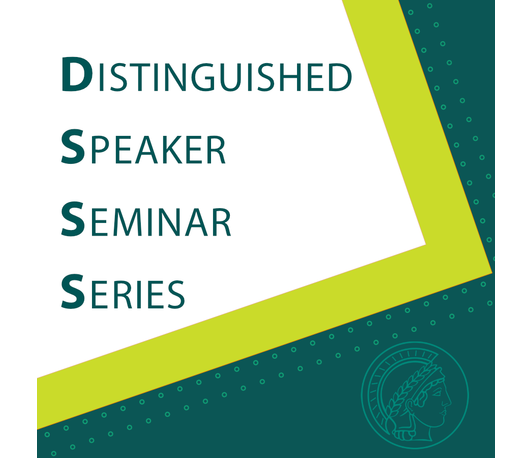DSSS - Investigating the history and evolution of infectious disease through ancient genomics
- Datum: 25.10.2024
- Uhrzeit: 15:00 - 16:00
- Vortragende: Dr. Maria Spyrou
- University of Tübingen
- Ort: NO.002, MPI für Intelligente Systeme

In recent years, major methodological advancements in the recovery and sequencing of
ancient DNA have transformed our understanding
of the human past. At present, thousands of genomic datasets have been
generated from ancient human biological
samples, including whole genomes of human
pathogens which may persist in the remains of infected hosts long after their
death. This presentation will explore how metagenomic studies and the generation
of ancient pathogen genomes have reshaped our understanding of the evolution
and history of infectious disease. Currently, the most extensively studied pathogen
through ancient genomics is the bacterium Yersinia pestis, the causative
agent of plague. The growing availability of ancient Y. pestis genomes has
afforded insights into the bacterium’s early evolution, as well as the emergence and progression of historical
pandemics, offering perspectives on the bacterium’s past genetic diversity and its
role in shaping both extinct and still surviving disease reservoirs worldwide. The
example of Y. pestis shows how ongoing interdisciplinary efforts can
help unravel the processes that have shaped the contemporary landscape of
infectious diseases. In this capacity, they
provide a framework for examining the challenges that pathogens have
continuously posed on human societies through millenia.